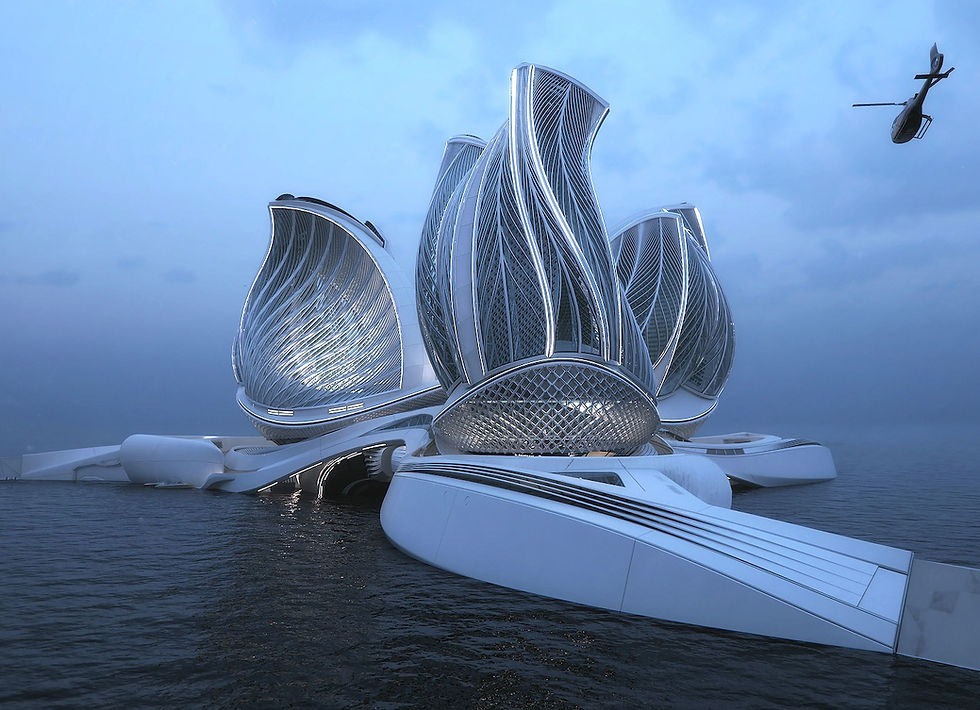Platio: a new way of thinking about sidewalks thanks to recycled plastic
- Soluzioni Plastiche

- Jun 30, 2020
- 2 min read
A sidewalk made of solar panels that charge energy and make it available for street lamps, traffic lights and even entire buildings. All made of recycled plastic thinking at the environment and a circular economy.

Since 2015, a group of three Hungarian boys have been studying a way to make cities greener and more sustainable. This is how Platio, a technological start-up that aims to create buildings and infrastructures with entirely sustainable materials, was born in Budapest. The initial idea, however, came from the cue to make the sidewalks not only a surface to walk on but an energy resource that can be used by everyone; this is how Platio solar pavement was born, a renewable energy system "off-grid" that saves space by integrating high-performance solar cells within the elements of urban decoration such as benches and sidewalks.
The panels that will be installed are made of recycled plastic and have a anti slip surface created with a special waterproof polymer that allows easy access. There is no risk of them breaking due to too much pressure on the surface, in fact, these tiles can support a weight of over 10 tons (equal to a big truck) and, even in case of possible breakage, the type of material used is designed not to crumble and still allow the passage.

The solar tiles can be disassembled and reassembled allowing easy installation anywhere and normal maintenance. The installations are anchored to the ground with a locking system and require a special tool to be lifted. This unconventional modular paving system can be installed on entire surfaces or only small sections as required and thus also replace cobblestones or blocks of asphalt. They store energy during the day light hours and release it to power the street lamps at night or for traffic lights and surrounding buildings; Is being studied even a way to install them in special benches made of colored wood and through a USB port to recharge the battery of mobile phones.

The first fixed installation of these special tiles was tested in Kazakistan, in the Green Quarter shopping mall in Astana. The installation consists of 80 square meters of panels located in various points of the mall and provides about 11.7 Kilowatts more energy to help the needs of the mall.
As for other installations, this time in the open air, they have been tested in Sweden, where Platio has installed the first benches with USB charging at the port and in small sidewalk of urban areas the idea is to arrive in the near future to install the tiles also on bridges, walkways and platforms trying to feed an entire town.

The only negative aspect of this project is the cost per square meter, not indicated in the company's site, which varies according to the size required and the size of the project; however, the cost can be amortized if we think about the recovery of energy useful to power a city that would result.
Sources:




Comments